HONOLULU — The Asia-Pacific Center for Security Studies recently hosted its first conference in Japan. The “Japan’s Foreign and Security Policies: Alternatives, Drivers and Implications” conference was held Oct. 4-6 at the New Sanno hotel in Tokyo, Japan.Approximately 40 participants attended this conference. Participants included U.S., Japanese and other country government officials as well as policy analysts and subject matter experts (SMEs) from government research institutions and universities. Countries represented included U.S., Japan, China, U.K., the Republic of Korea, Singapore, and Australia.
Major institutions represented by participants included: U.S. Forces Japan, U.S. Department of State, U.S. Embassy Tokyo, Japan’s Foreign Ministry, Japan’s Defense Agency Japan’s National Institute of Defense Studies, Institute of Southeast Asian Studies, Seoul National University, Japan Institute of International Affairs, and several prominent universities and research organizations.
This conference focused on the options Japan has in its foreign and security policies, the factors shaping those options and the choices Japan will have to make, and the implications of Japan’s decisions. The goals of this conference were to:
Examine the ongoing debate within Japan about foreign and security policy alternatives available to the country in order to determine what direction will most likely be taken by Japan;
Consider the various factors that shape decisions and the direction taken by Japan regarding its foreign and security policies and the relative importance of those factors;
Assess the implications of possible alternative directions and factors on the US-Japan alliance and key Asian security issues.
Keynotes Speakers for the event included Major General Timothy Larsen, deputy director of U.S. Forces Japan, and Ambassador Hisahiko Okazaki of the Okazaki Institute.
Larsen discussed the state of the U.S.- Japan security alliance and its role in maintaining peace and security in the Asia-Pacific region. This relationship is often said to be the most important bilateral security relationship that the U.S. has and is the cornerstone of the U.S. security policy in the region.
Okazaki spoke on the future of the U.S.-Japan security alliance and the issue of China’s military growth. He compared its growth to that of post-Bismark Germany and the growth of Japan’s military in the late 19th Century. Okazaki emphasized the need for Japan to recognize its right to collective self-defense. He described the U.S.-Japan security alliance as being part of the balance of power in a region where China’s strength is growing.
The conference in Japan was the first time that APCSS has solely-sponsored an event in the region, outside of Honolulu. APCSS expects to hold additional conferences in the region at least twice a year.
According to the event coordinator, Dr. David Fouse, “conference participants applauded this US effort in strengthening strategic communications with our most important ally in the Asia-Pacific.”


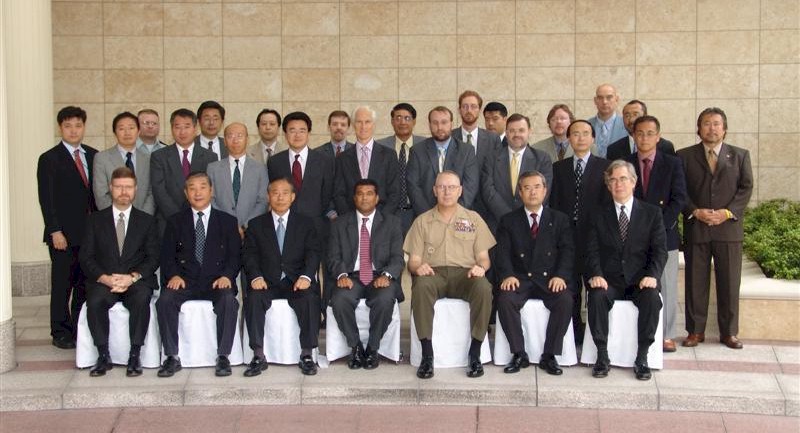
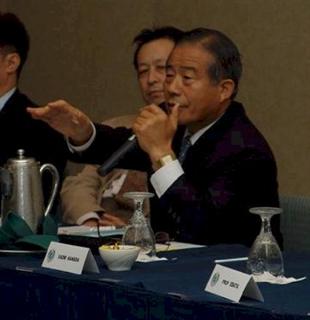
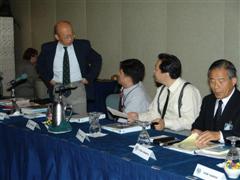
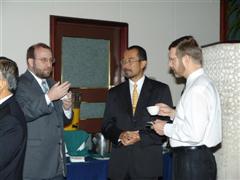
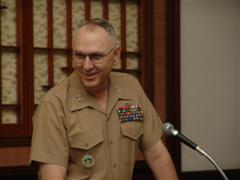
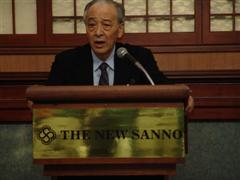




Leave A Comment